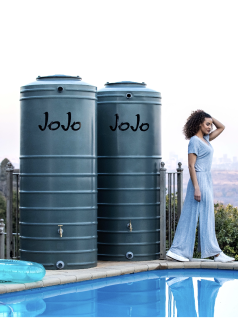The dream of a country where all of its people are connected to proper sanitation systems is still some way off for South Africa. While access to basic sanitation is every South Africa’s constitutional right, the reality is that millions of South Africans are still serviced by pit latrines. This means increased exposure to pathogens such as E. coli, and increased occurrence of related diseases such as dysentery and diarrhoea.
We should acknowledge that a lot has been done to address the infrastructural inequalities of our past with regard to sanitation, both by government and the private sector – but we also need to acknowledge that the current rollout of sanitation systems isn’t keeping up with the demand.
So how can we adapt our approach to sanitation rollout to better keep up with demand? We need to consider all of the current financial, technological and cultural implications of sanitation if we are to make tangible improvements to health and wellbeing in our communities.
JoJo Tanks has a range of polyethylene sanitation products for sale, providing communities with various options in how they can best implement safe, effective sanitation services.
These include:
By offering these various products, all of which come with an 8-year warranty, we’re adding to our country’s arsenal of solutions for providing better sanitation solutions for our communities. These solutions are relatively quick and easy to implement, avoiding the infrastructural bottlenecks and delays associated with larger, centralised sewerage networks.
If our priority is to make effective inroads into the sanitation services backlog facing our country, we need to be proactive in providing innovative, flexible solutions to desperate community challenges.
We want to help government fulfil its mandate of providing functional sanitation systems for all, and are committed to enhancing health, wellbeing and happiness in our communities through our sanitation products.
Only about 66% of South Africans have access to improved sanitation systems.
Read more about our sanitation systems.


